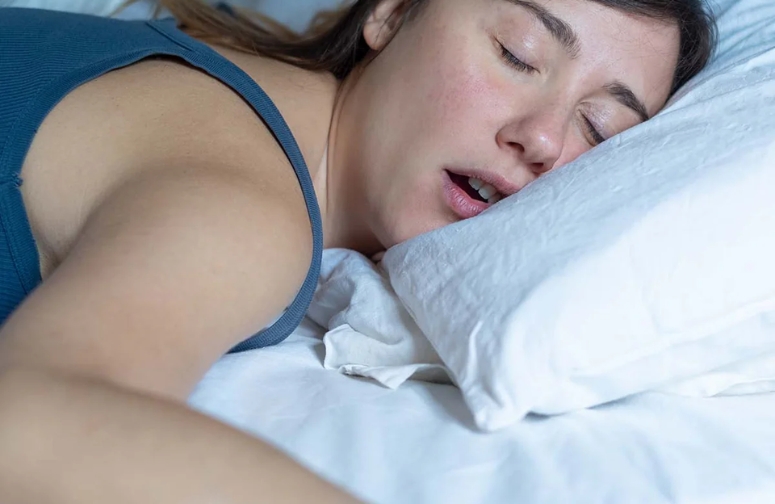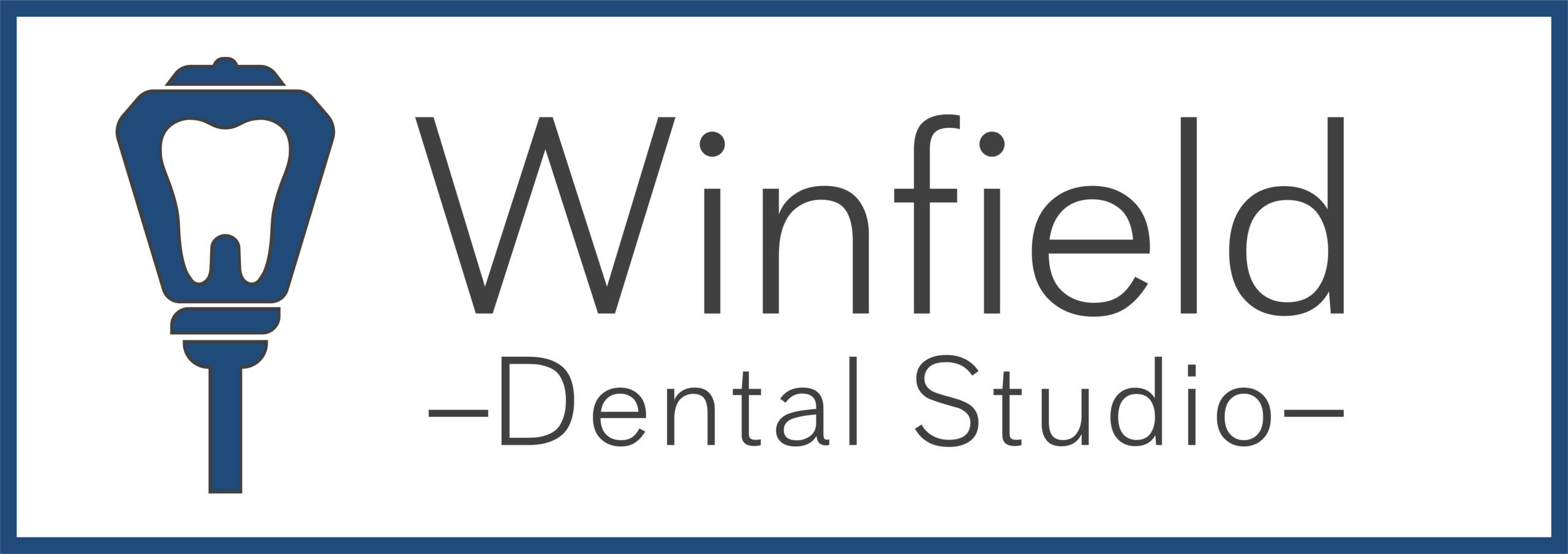
Ever wake up with a dry mouth, sore throat, or even a horrid breath that just refuses to go away? You might think it’s because you’re dehydrated, but there’s a good chance it’s something else—sleeping with your mouth open. It’s not only an annoying habit; it can have a real impact on your dental health in ways most people never even realize. From gum disease to facial structure changes and cavities, nighttime mouth breathing is worth fixing. But the good news is that there are ways of fixing it before it gets the best of your smile and health.
Why Does Mouth Breathing Happen at Night?
There are several reasons why you could be sleeping with an open mouth and breathing. Finding the cause will help you to cease it before it hurts your oral as well as overall health.
- Nasal Congestion – Sinusitis, allergies, or a crooked septum can block nasal passages and may need you to breathe through your mouth.
- Enlarged Tonsils or Adenoids – Swelling in the back of your throat can make airways narrower, leading you to breathe through your mouth.
- Sleep Apnea – Sleep-disrupted breathing causes the body to compensate by mouth breathing.
- Jaw or Bite Misalignment – A small or retruded jaw makes it difficult to close the lips, leading to habitual mouth breathing.
- Chronic Stress or Anxiety – Some people unconsciously develop mouth breathing as a bad habit, particularly when stressed.
How Does Mouth Breathing at Night Affect Your Dental Health?
Night mouth breathing is not something to be taken lightly. Its impact on your oral health in the long run can be immense. Here’s how it gradually devastates your gums and teeth:
- Dry Mouth & Higher Chances of Cavities – Saliva needs to help rinse away bacteria. As you mouth breathe at night, saliva dries out, making the perfect environment for cavities.
- Gum Disease – Dehydrated gums are more likely to become inflamed, hence gingivitis and, ultimately, periodontitis if not attended to.
- Tooth Sensitivity & Erosion – Without saliva, acids from food and bacteria can erode enamel, making teeth sensitive.
- Bad Breath – Without enough saliva, bacteria multiply, causing bad breath.
- Changes in Facial Structure – In children, habitual mouth breathing can lead to narrow jaws, crowded teeth, and even a long face.
- Braces & Orthodontic Treatment Complications – Mouth breathers also progress more slowly in orthodontic treatment due to the position of their jaw and tongue at rest.
Signs You Might Be a Nighttime Mouth Breather
Suspect you’re mouth breathing at night? Test with these telltale signs:
- Waking up with a dry mouth or sore throat
- Recurring bad breath despite good oral hygiene
- High rate of cavities or gum inflammation
- Snoring or disturbed sleep
- Chapped lips that refuse to heal
- Daytime fatigue due to poor quality sleep
- Headaches or morning jaw pain
How to Prevent Mouth Breathing During Sleep?
Mouth breathing treatment is best done by addressing the root cause of mouth breathing. Here’s how you can do it:
- Treat Nasal Congestion – Saline sprays, antihistamines, or humidifiers can be utilized to maintain open nasal passages.
- Practice Good Tongue Posture – Your tongue must lie flat on the roof of your mouth when relaxed. Myofunctional therapy and exercises can help retrain muscles.
- Use Mouth Tape – Mouth tape can induce nasal breathing by sealing the lips while sleeping.
- Adjust Sleeping Position – Sleeping on your back might make mouth breathing worse. Try sleeping on your side.
- Check for Sleep Apnea – If you snore or wake gasping for air, talk with a health care provider about sleep solutions.
- Stay Hydrated – Keeping yourself hydrated during the day maintains saliva production.
- Consider Orthodontic Treatment – If jaw position is at issue, braces, expanders, or other orthodontic treatment can address it.
The Connection Between Mouth Breathing and Overall Health
Night mouth breathing isn’t just terrible for your teeth—it’s terrible for your body. Prolonged mouth breathing may result in continuous sleep deprivation, heightened susceptibility to respiratory infections, and even cardiac issues. Aiming to cure it early will prevent worse illnesses in the future.
If you believe mouth breathing at night is affecting your oral health, don’t wait until it leads to serious issues. Our dental team can assess your symptoms, identify possible causes, and recommend solutions for your unique case. Make an appointment today and begin down the road to better oral and overall health.




